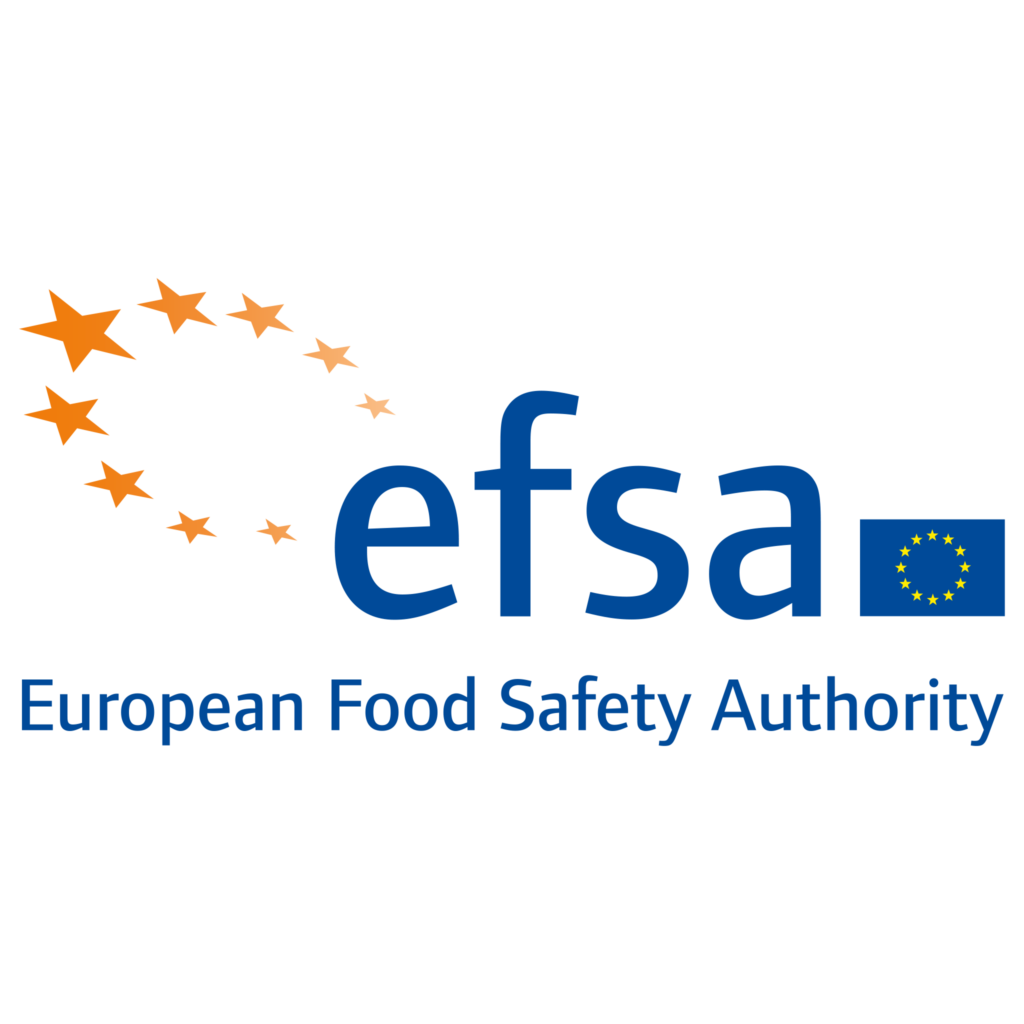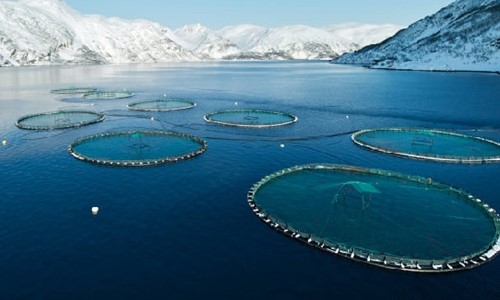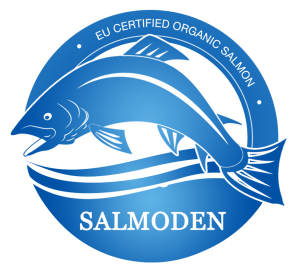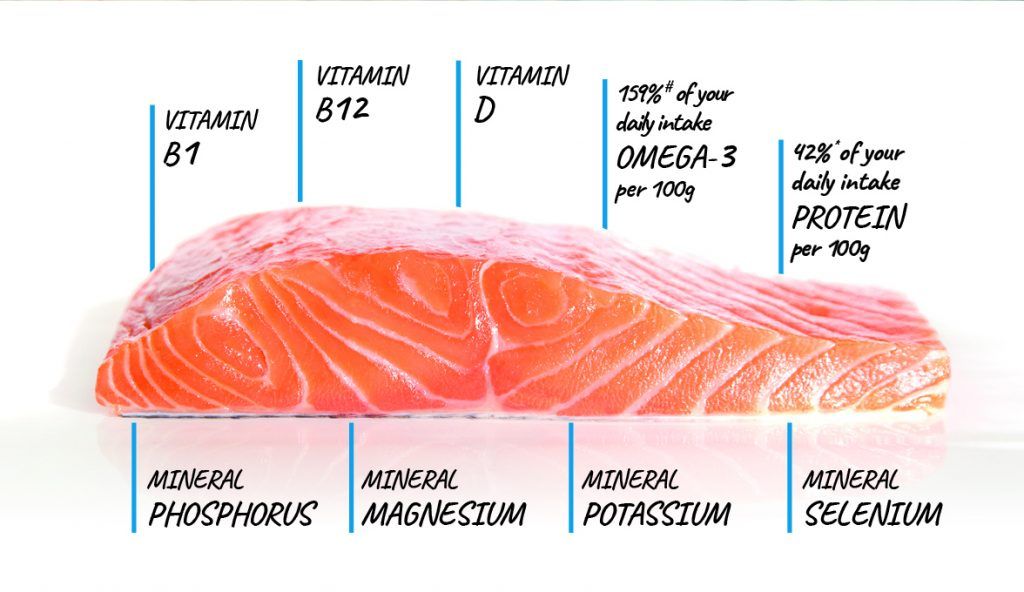
Important about Salmon
Salmon, particularly rich in omega-3 fatty acids, is recognized for promoting heart health and reducing inflammation. Its high protein content, along with essential vitamins such as vitamin D, B12, and selenium, makes it a vital component of a balanced and healthy diet. Furthermore, salmon’s versatility in culinary applications has made it a favorite in both traditional and contemporary cuisines around the globe.
Beyond its nutritional value, salmon plays a crucial role in various ecosystems, particularly in cold-water regions where it contributes to both the local economy and biodiversity. Sustainable farming and fishing practices are essential in ensuring that future generations continue to benefit from this vital resource without jeopardizing its natural populations.
In closing, salmon stands as a testament to the harmony between nature and nutrition, providing both physical sustenance and environmental significance. I trust that this overview highlights why salmon remains a highly valued asset in both culinary and ecological discussio
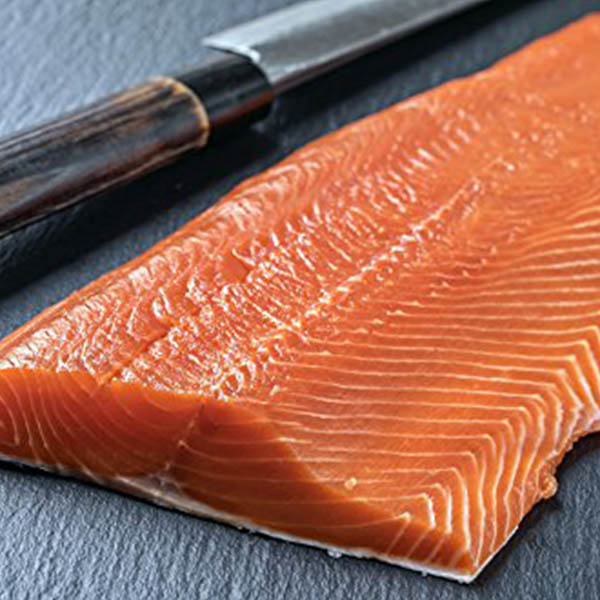
Fresh Fish
To order fresh salmon, please submit your request through our official online portal or contact our customer service department directly. Specify the desired quantity, packaging preferences, and any special instructions related to delivery or preparation. All orders are carefully handled to ensure the highest quality and freshness of the salmon upon arrival. Kindly note that orders must be placed at least 48 hours in advance to accommodate processing and delivery schedules. Should you require any further assistance, our team is readily available to provide support.
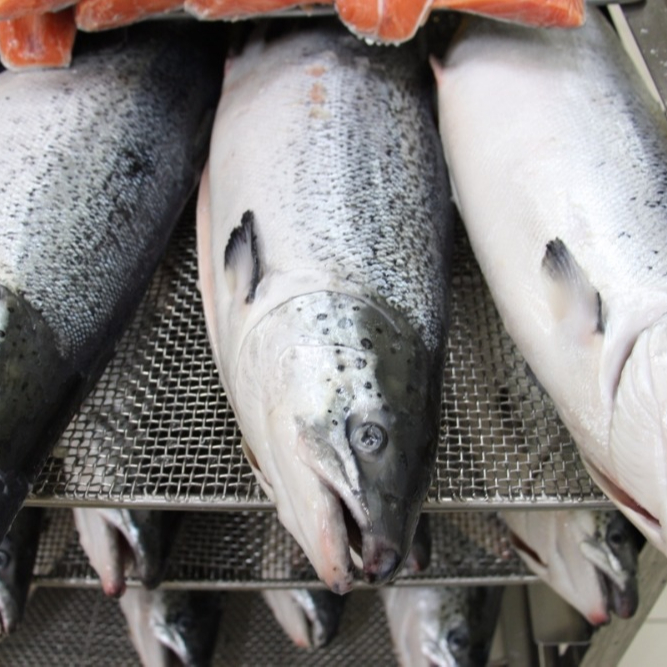
Frozen Fish
To order frozen salmon, we kindly ask that you place your request through our official online platform or by contacting our customer service team. When submitting your order, please provide detailed information, including the required quantity, preferred portion sizes, and any special packaging needs, such as vacuum-sealed or bulk packaging. Additionally, if you have any specific instructions regarding storage conditions or delivery preferences, kindly include those details. Our frozen salmon is flash-frozen immediately after processing to ensure optimal freshness, flavor, and nutritional integrity throughout transport. To ensure timely fulfillment, all orders must be submitted at least 5 days in advance, allowing us adequate time for preparation, packing, and shipping logistics. Should you have any further questions or require personalized assistance, our dedicated support team can guide you through every step of the ordering process.

Transportation
Our company offers multiple reliable transportation options to ensure fresh and frozen salmon reach their destination in optimal condition. For fresh salmon, we utilize expedited refrigerated transport to maintain the necessary cold chain throughout the journey, ensuring the fish arrives fresh and ready for immediate use. For frozen salmon, we use specialized freezing containers and insulated packaging to guarantee consistent low temperatures, preserving the product’s quality during transit. Both methods are designed to meet the highest industry standards for food safety and quality assurance. If you have any specific preferences or requirements regarding the shipping method, please inform us during the ordering process, and we will tailor the delivery to suit your needs.
Food Safety Regulations
Food safety regulations in Europe are governed by comprehensive and strict frameworks designed to ensure the safety, quality, and health of food products
See More
Food safety regulations in Europe are governed by comprehensive and strict frameworks designed to ensure the safety, quality, and health of food products. These regulations are implemented and supervised by the European Union (EU), covering all stages of the food supply chain, from production and processing to packaging and distribution. Some of the most important laws and regulations related to food safety in Europe include:
- General Food Law (Regulation (EC) No 178/2002): This regulation forms the foundation of food safety in the European Union. It places the primary responsibility for food safety on producers and distributors, who must ensure that the food they produce or supply is safe for consumption.
- Hazard Analysis and Critical Control Points (HACCP): This system is used to identify, assess, and control food safety risks. All businesses involved in food production and processing in Europe are required to implement HACCP principles.
- Hygiene of Foodstuffs (Regulation (EC) No 852/2004): This law sets the necessary hygiene conditions for food production and processing to ensure the health and safety of consumers. It includes rules regarding personal hygiene, equipment, and working environments.
- Food Information to Consumers (Regulation (EU) No 1169/2011): This regulation ensures that consumers receive accurate and sufficient information about the food they purchase. This includes nutritional values, allergens, expiration dates, and the origin of the food.
- Additives Regulation (Regulation (EC) No 1333/2008): The use of additives in food, such as colorings and preservatives, is strictly regulated. Only additives that have been scientifically proven to be safe are allowed for use in food products.
- Traceability and Recalls: These regulations enable full traceability of food throughout the supply chain, ensuring that in the event of an issue, products can be quickly identified and removed from the market.
- European Food Safety Authority (EFSA): EFSA is an independent scientific body responsible for assessing risks related to food safety, additives, and pesticides within the European Union.
The food safety regulations in Europe are among the most stringent in the world, ensuring that food products available in EU markets maintain high standards of safety and quality.


